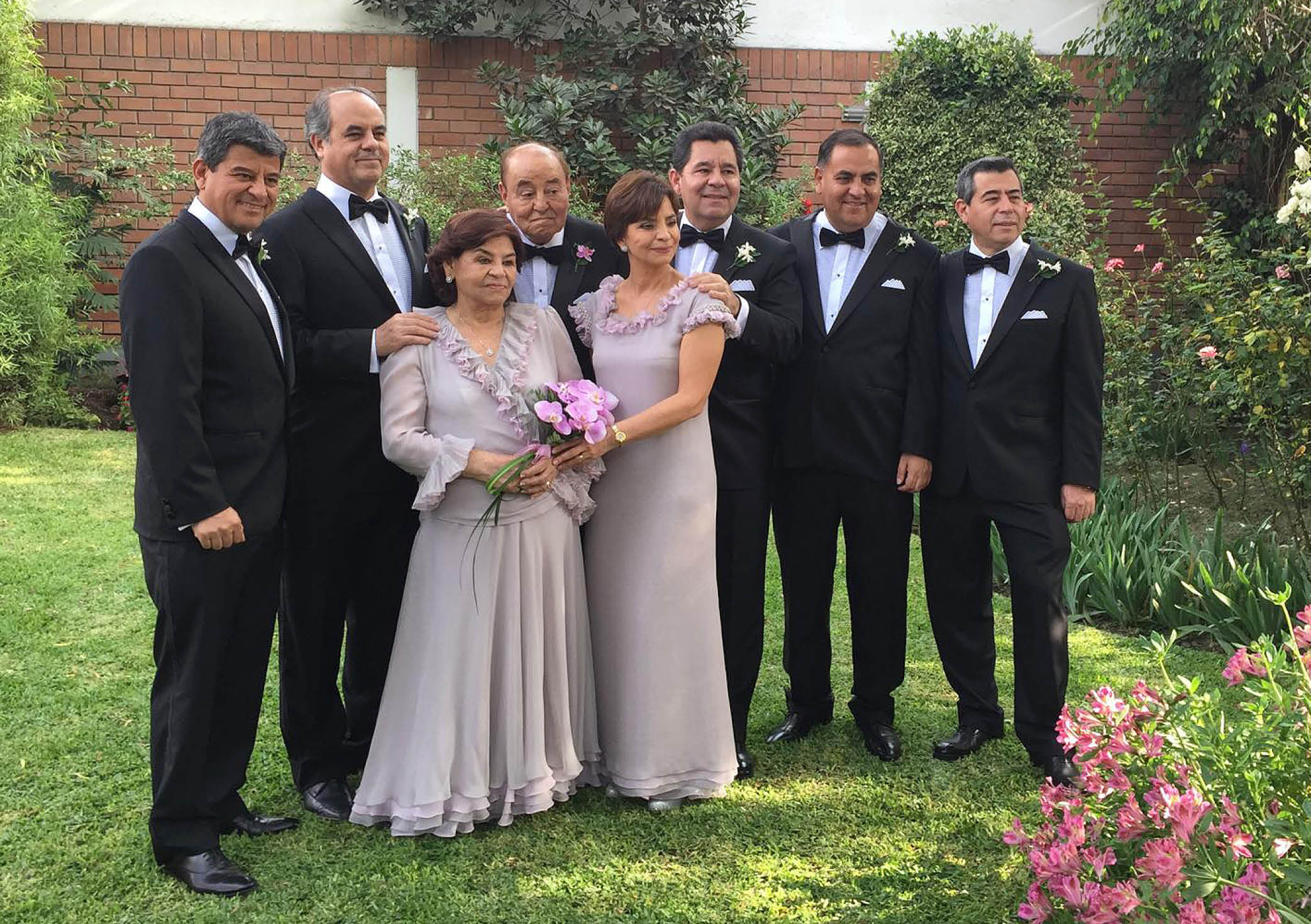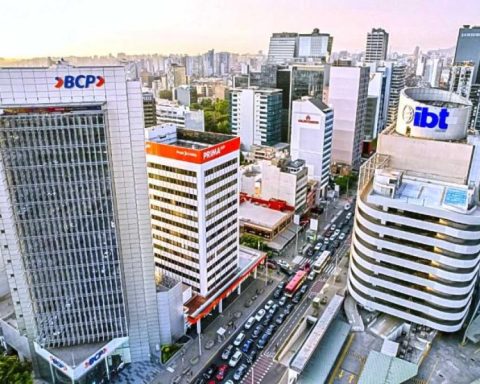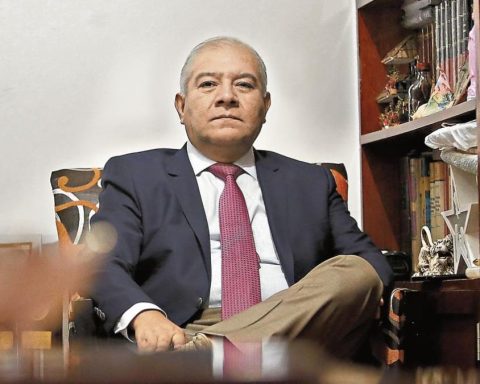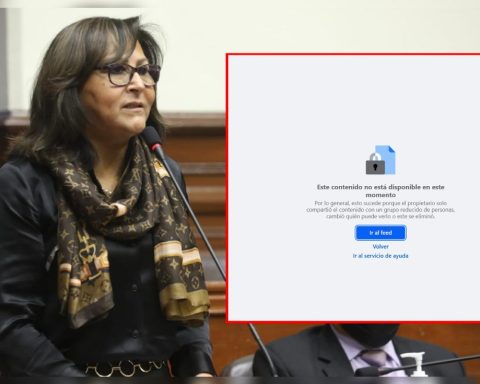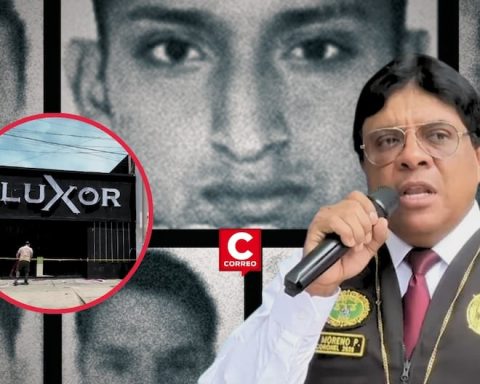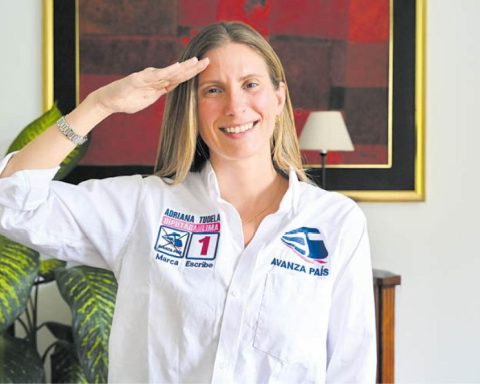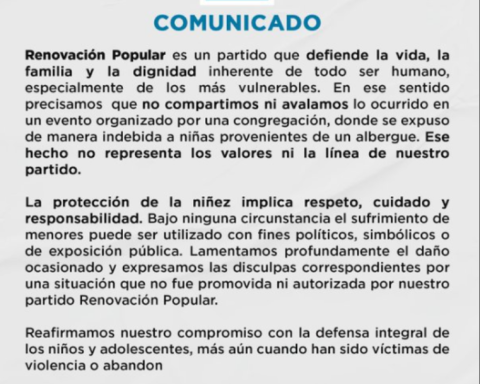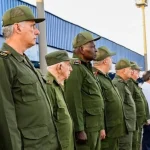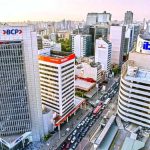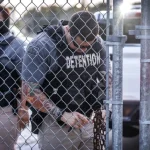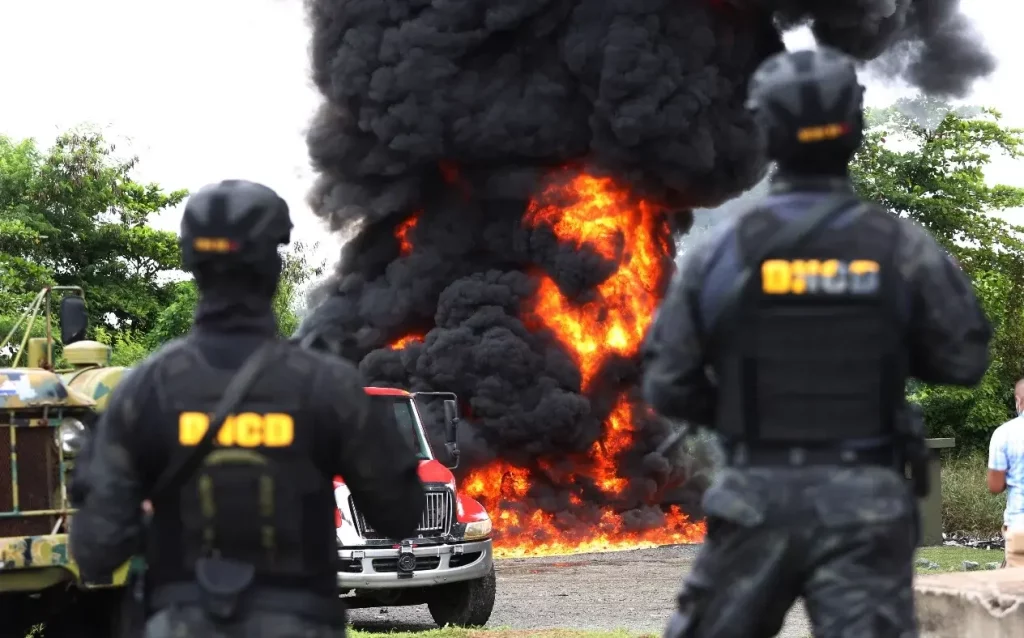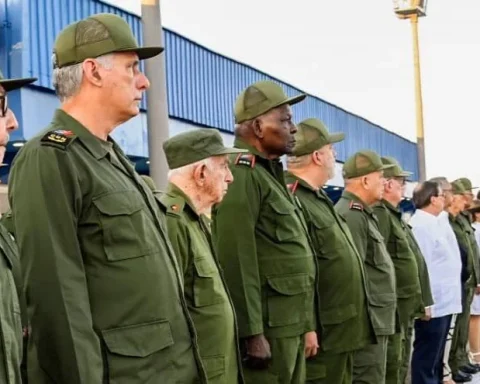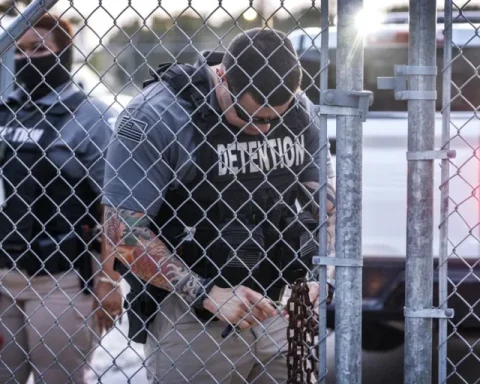When Carlos Añaños Jerí He remembers his father, thinks about what was perhaps his best advice and repeats it like a mantra: “Focus on important decisions, not small ones.” It was a way of not forgetting what was decisive because of what was urgent, of preventing life from distracting you with the day to day. And to choose the battles, obviously, because not all of them can be won.
At the same time, the son remembers the father in another phrase: “Think big.” “He always challenged us to do big things, not small things,” says the businessman. “When we wanted to do something small, he got angry. ‘Why do I have children, to think nonsense?!’, he said. ‘They have to think big and do important things without fear.’”
Two complementary warnings, one measures time, the other depth, but they coincide in the same tone: focus on what is relevant; and in a tragic background: life is ephemeral, there is no time to waste.
Look: At 94, Eduardo Añaños Pérez dies
THE PATRIARCH AND THE KOLA
The story of the patriarch of the Añaños exemplifies both life lessons: aim high and aim well. And work hand in hand with that dream that, like every wish, began discreetly. Like the story of every founder, that of Eduardo Añaños Pérez has those elements that remind us of Peru from before. It was an adverse context: economic crisis, violence in the streets. Everything was still to be done. Success or what most resembled it was a distant homeland, and there were not many precedents or references of what could be achieved in Peru.
It was the 80s. Ayacucho was the epicenter of the country, and not exactly for a good reason. Eduardo and María Antonieta, a farming couple, lived in their native San Miguel, in the province of La Mar, with their six children. After arriving in the capital of Huamanga, Don Eduardo noticed that there was a shortage of products in the area. Soft drinks stood out, due to their notable absence and high demand. The constant terrorist attacks on the trucks that transported them had dented consumption. And the thirst was not being quenched. There was an opportunity there and he was willing to take it.
With limited resources, the Añaños family decided to venture into the field of soft drinks; a mortgage loan and US$30,000 to be exact. On June 23, 1988, the family made their long-cherished dream come true. They got their first machines and started operations in the patio of the house. Everything happened there, including bottling and labeling.
The initial objective was modest: to meet local demand, especially in areas where the big brands did not have a major presence. The phenomenon began with Kola Real orange flavor, the first brand they managed to introduce to the market. A combination of affordable price (“that of the fair price”) and distribution in rural areas meant turning around the chaos, the crisis and, above all, the competition. By 1991 they were already in Bagua, Huancayo and Sullana.
Over the years, the company expanded its operations to other regions of Peru. Little by little they were consolidating themselves as an increasingly interesting alternative in the soft drink market. Already in the 90s, the AJE Group began its international expansion. First, it ventured into the markets of Venezuela and Ecuador, replicating its pricing and distribution strategy. Venezuela was a challenge, because Chavismo brought down the Venezuelan economy. Carlos Añaños He remembers it with special emphasis, because the company had to recover from scratch from two communist threats: that of Sendero and that of Hugo Chávez.
Subsequently, the company made a leap to Central America in 2004, to reach Asia the following year, specifically Thailand. The next destination was Africa, in 2015, operating in Egypt and Nigeria. They had a presence in more than 21 countries.
In parallel, the transnational diversified its offer, launching brands such as Cielo, Oro, Big Cola, Sporade, Pulp, Cifrut, Volt and so on, which opened up niches in juices, waters and isotonic drinks.
Then came the purchase of other brands, the alliance with the Paris Saint-Germain club and the ecological initiatives that have renewed the brand’s image. For several years, the case of the Añaños family has been studied in the best business schools in Peru and the world.
Eduardo Añaños Pérez, María Antonieta Jerí de Añaños and Carlos Añaños Jerí.
THE SON AND THE CHARACTER
In a recent interview with Perú21, Carlos Añaños He remembered his father’s third lesson. The interviewer wondered if the educated person in front of him could go out and tame the jungle of Peruvian politics. “My father taught me a very profound phrase: ‘Having character does not mean having bad character,’” Carlos responded. “Many believe that the one who shouts and says ‘faite’ is the macho one,” he added. “No, rather, those screamers have an internal weakness that they cannot control, they cannot control themselves and they protect themselves by insulting, they take refuge in bullying and insults. I don’t need to scream to say ‘no’.”
A lesson in character and firmness, but also in education and empathy. More than relevant advice in Peru today, which seems to be dragged towards the extremisms of those who shout the loudest, trapped between radicalisms and polarized positions.
Seen from a distance, Peru today does not seem very different from before, in a new context of economic crisis and street violence. But families and countries have memory and have learned from what they have done. This is the case of the Añaños, who keep a tradition that goes from parents to children, because families, to paraphrase the poet, tell the private stories of nations.
Take advantage of the NEW EXPERIENCE, receive our enriched digital newspaper by mail and WhatsApp. Peru21 ePaper.
Now available in Yape! Find us at YAPE Promos.
RECOMMENDED VIDEO:
